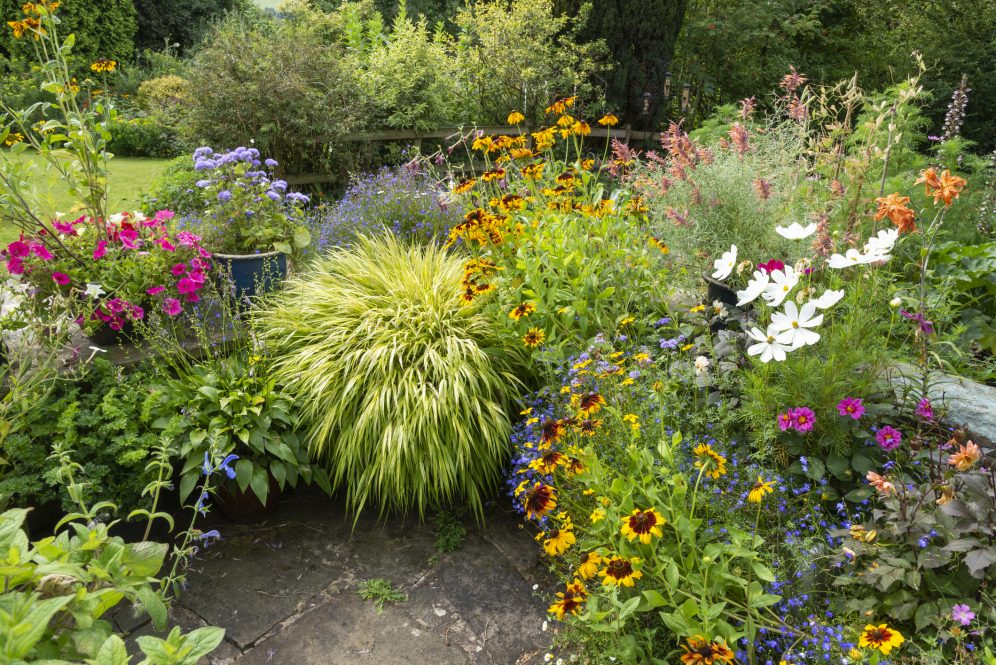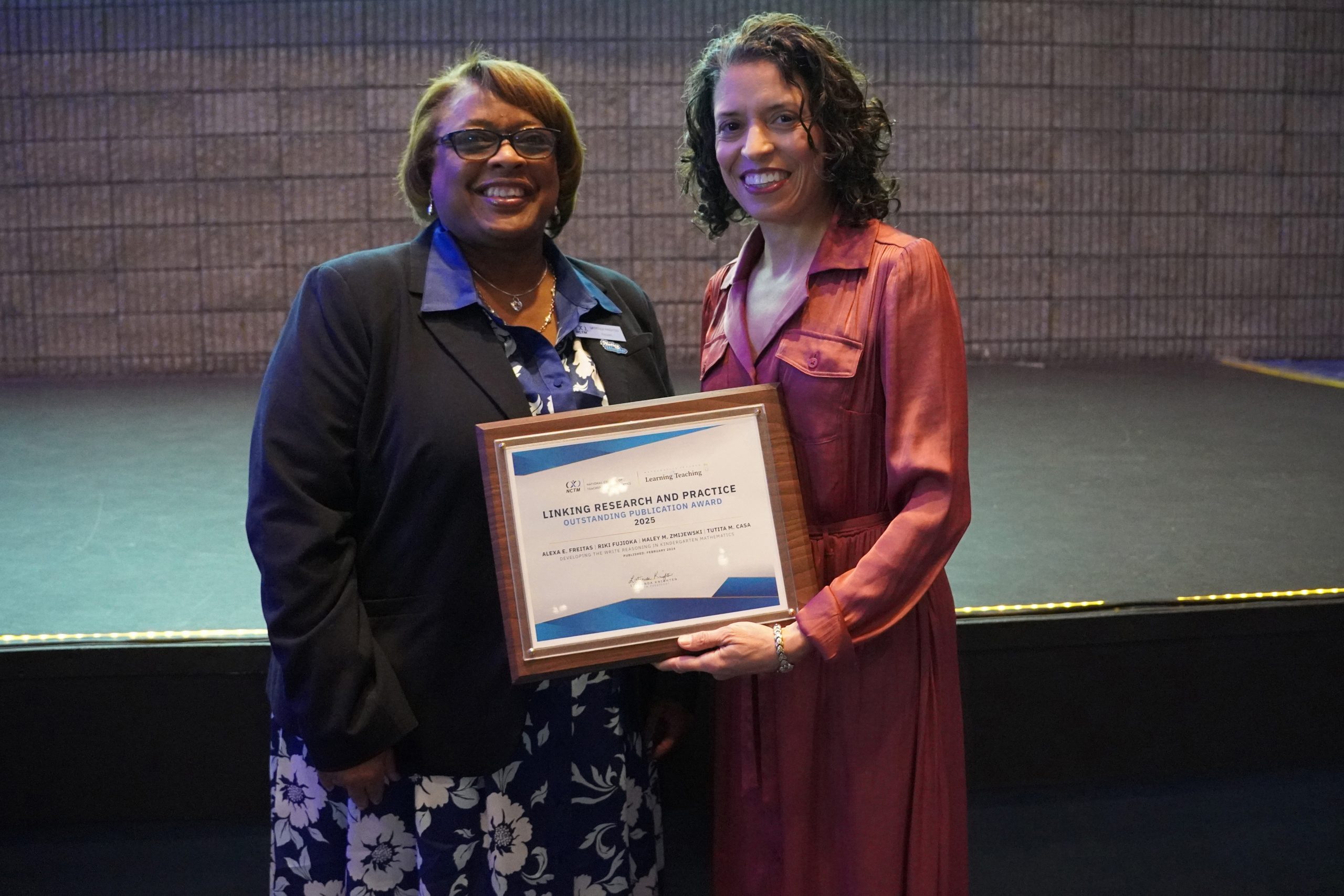A touch of fall is in the air. Cooler nights, leaves turning color, and woolly bear caterpillars tell us the growing season is slowly coming to an end. Take advantage of some of these beautiful New England autumn days to finish up chores in the vegetable garden and the rest of your yard to help prepare for a more bountiful spring next year.
Many gardeners are still reaping the benefits of late summer-planted crops such as salad greens, chard, carrots, and broccoli. Those areas of the garden that are still actively growing should be kept weed-free and watered during dry spells. Keep your eye on the weather and cover or harvest any peppers, beans, or tomatoes if there is a threat of early frost.
Garlic bulbs can be planted in mid to late October. Local garden centers most likely have a few different varieties. Separate the cloves and plant them about one inch deep. Give the cloves a good drink if your soil is on the dry side.
Collect stakes or poles from the garden and brush off any soil. Bundle them up and store them. Pull up any tomato cages, then clean and stack them. Don’t forget to bring in any string or plastic trellises as well.
As plants such as cucumbers, summer squash, and sweet corn die back, clean out those areas of the vegetable garden. Removing dead or dying plant debris from your vegetable garden will help control diseases or insects that can overwinter, reducing problems you might face next year. Diseased tomato plants especially should be collected, bagged, and disposed of in the trash. Resist the temptation to add diseased plant material to your compost pile unless you are assured that temperatures in the compost will reach close to 150 degrees F. Otherwise, the disease spores will survive the decomposition process and reinfect plants in beds treated with this compost.
Insects that overwinter as larvae in the soil may be kept in check to some extent by turning over the soil after the first hard frost. This exposes larvae to cold winter temperatures and predators. Consider trying this if cabbage worms, tomato hornworms, squash vine borer, corn earworms or Colorado potato beetles were problem this growing season.
Typically, it is advised not to turn over the soil more than is needed except to incorporate organic matter, limestone, or fertilizer, or if the soil is significantly compacted. Tilling can disrupt the microbes comprising the soil food web and hasten the decomposition of organic matter.
Fall is a great time to have your garden soil tested to identify issues and provide time to address them. The UConn Soil Nutrient Analysis Lab offers a standard nutrient analysis that includes soil pH, and nutrients along with limestone and fertilizer recommendations, if necessary.
Fall leaves are an excellent source of organic matter, and they are free! A great way to collect them is with the lawnmower as they will be partially shredded. Place three or four inches of shredded leaves on top of your garden beds after cleaning and adding limestone or other amendments.
Leaves can also be added to your compost pile. If you don’t have a compost pile yet, fall is a perfect time to start one. Spent garden plants and many weeds can be composted as well. Just remember to avoid adding diseased plants or weeds.
With the garden handled, you don’t want to forget about your lawn. Keep mowing as long as the lawn is growing. With milder falls, growth could continue into early November in some areas. Lower the mowing height as the season progresses so the grass will be short going into the winter. Rake or otherwise pick up leaves from lawn areas as they may smother turfgrasses if left over the winter.
Add seed to any bare lawn spots in early fall. Fertilizer can be applied to turfgrasses up to mid-October. Limestone can be put down any time the soil is not frozen.
Time spent now cleaning up your gardens will give you and your plants a nice head start next spring.
Dawn Pettinelli manages activities of the UConn Home & Garden Education Center and the UConn Soil Nutrient Analysis Laboratory. For more information about fall lawn and garden care, visit Ask UConn Extension.



